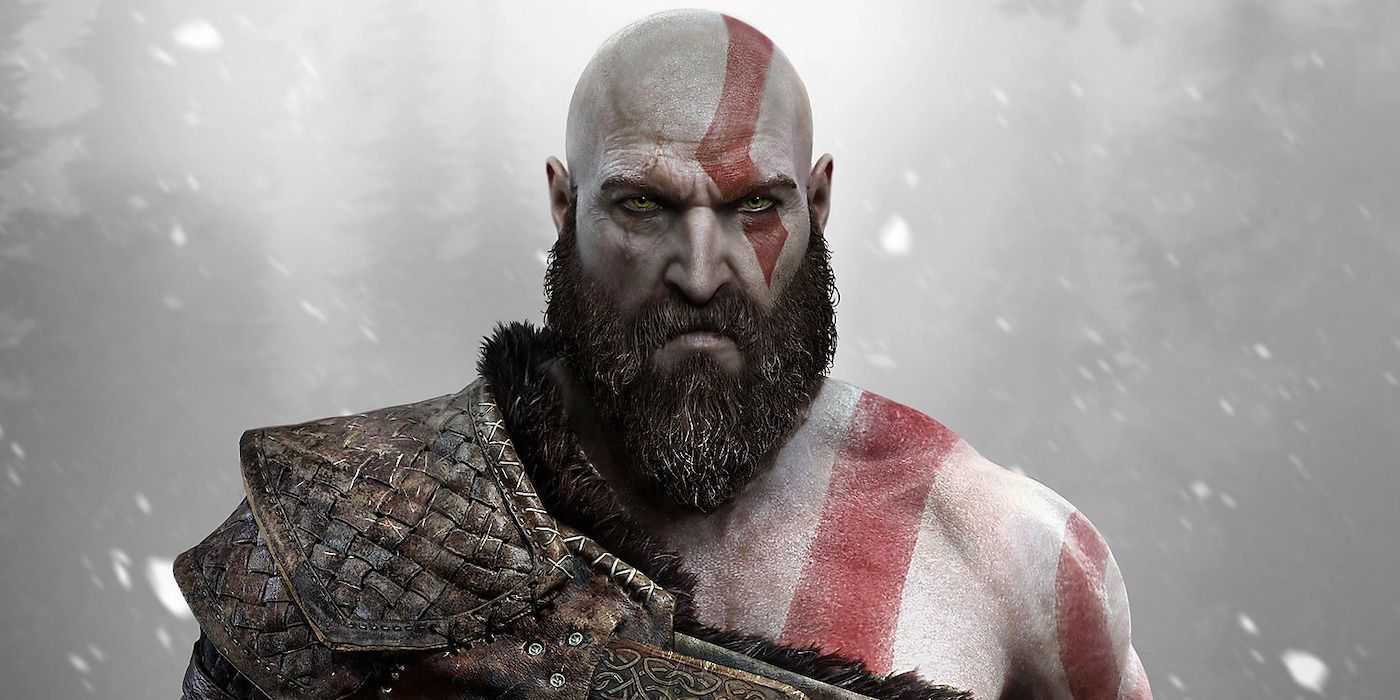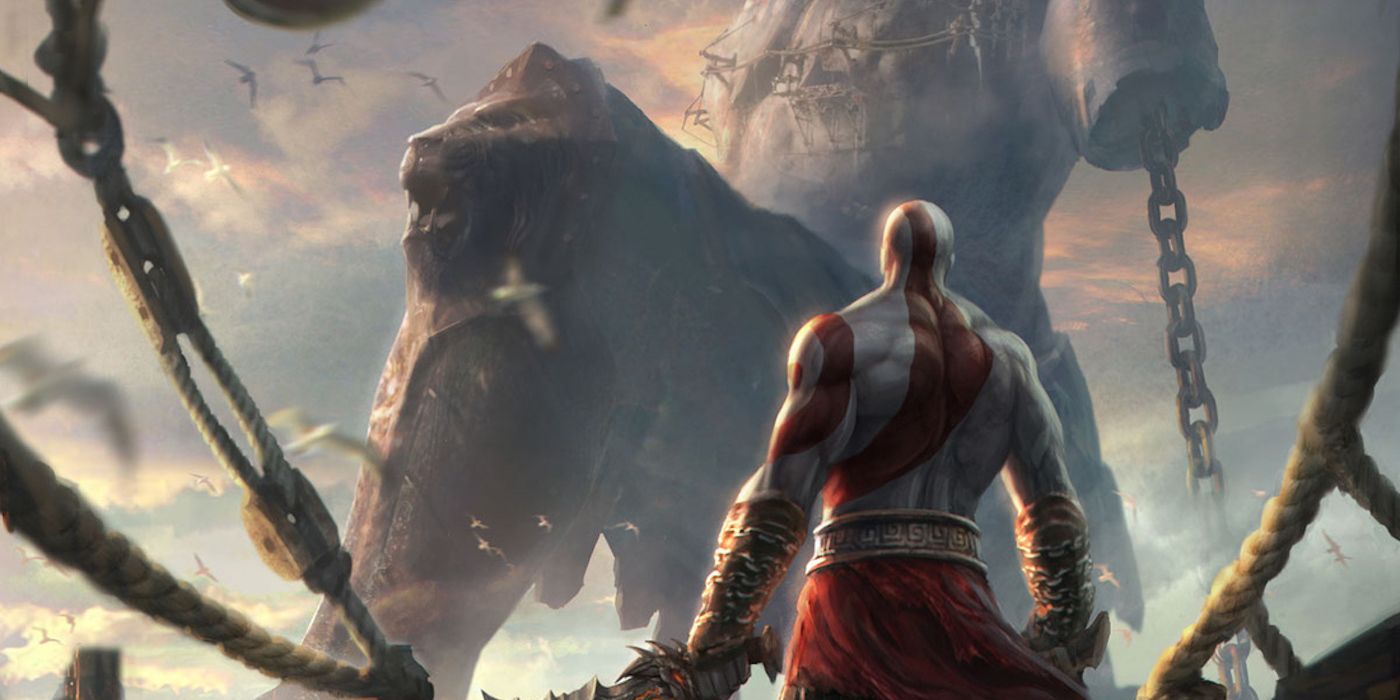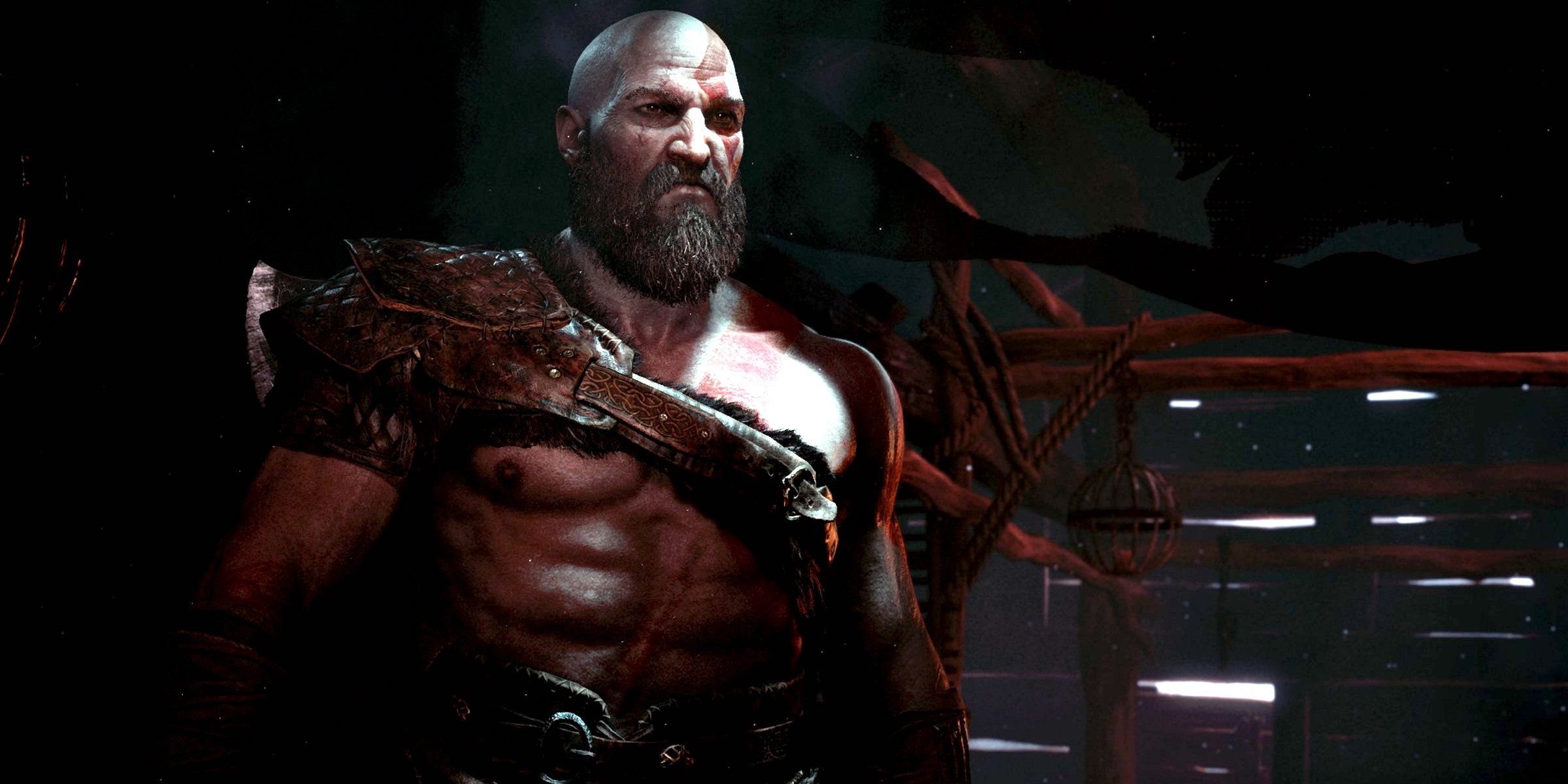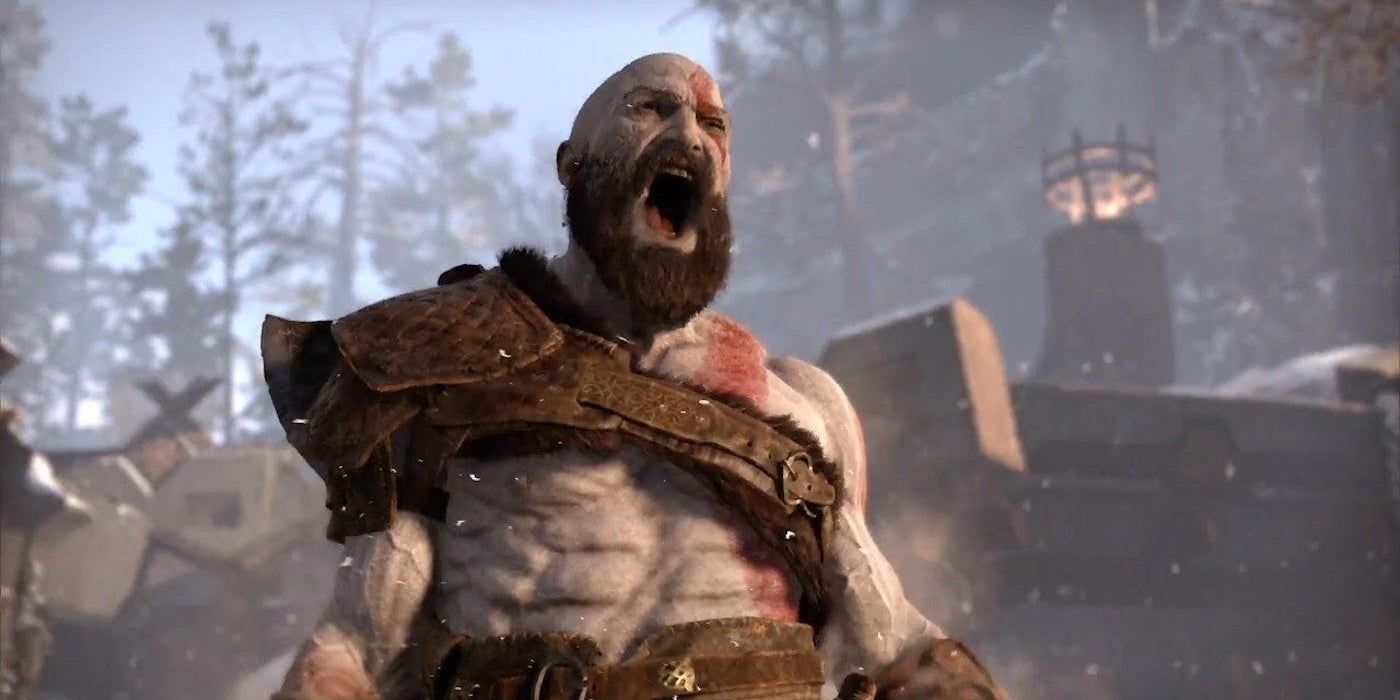The Big Picture
- The God of War franchise has attempted to move to another medium, with interest in a film adaptation present since the release of the first game.
- The first attempt at a film adaptation had numerous setbacks, including changes in directors and failed casting choices.
- Adapting the God of War series as a TV show based on the newer games is a better choice, as the narrative structure and character development lend themselves well to the format.
Since the release of the first game in 2005, the God of War franchise has remained a staple of the PlayStation brand. With the sheer number of games and staying power of the characters, Kratos (originally voiced by Terrence C. Carson) is one of the closest characters Sony has to a mascot. Since the franchise got a soft reboot in 2018 that followed Kratos decades after the original games in a new setting, interest in the characters and world has skyrocketed. The latest game, God of War: Ragnarök, has been a massive commercial and critical success, and on the wave of positivity following the release, Amazon has announced they will be making a series based on the latest games.
The soft reboot games that consist of the last two releases takes place in the world of Norse mythology, which is one of the reasons it makes for such a good jumping-off point for an adaptation. But the announcement of this series hasn’t been the only time the franchise has attempted to move to another medium. Interest in an adaptation has been around almost immediately since the release of the first game.
Where Did the 'God of War' Series Begin?
Before getting into what the original iterations of the God of War film were supposed to be, it’s important to establish what the franchise used to be before the soft reboot. The first game is almost 20 years old, and while it may seem like old news for long-time fans, a refresher is needed for those who only think of Kratos (now played by Christopher Judge in the reboot) as the gruff dad of the kid from mid90s (Sunny Suljic). The original games follow Kratos when he was one of the strongest and most successful Spartan warriors in Ancient Greece. After making a pact with the God of War, Ares, he followed the Conan the Barbarian mantra: Crush your enemies, see them driven before you, and hear the lamentation of their women. And he was the best at it.
During his various raids, attacks, and battles, Kratos was tricked by Ares into killing his wife and young daughter. Since that day, he was cursed and burdened with being permanently coated with the ashes of his fallen family members. After being held as a prisoner by the Gods, Kratos made his escape and spent 3 games, 2 portable spin-offs, and one console prequel enacting his revenge on the Greek pantheon. After successfully killing Ares, his father Zeus, and nearly destroying all of Greece, Kratos attempted to end his life. But, as we learn in the reboot, his Godhood prevented him from death as he was forced to travel to other mythologies.
In the original iteration, Kratos is typically dismissed as being a flat character who does very little besides scream and get mad. But, there’s a lot of pathos to him, and even in the early 2000s, when video game narratives were largely an afterthought and underwritten, Kratos always had the makings of a traditional tragic protagonist. He fits in very nicely with the world of Greek mythology, and was written to feel as if he could’ve been a prominent figure in actual Greek myths. It’s easy to see how movie studios would want to adapt it, it has the makings of an epic action tragedy.
'God of War' Attempts a Move to the Big Screen
As mentioned earlier, a film adaptation was in the books as early as the first game's release. The director of the first game, David Jaffe, showed interest in an adaptation but was pessimistic about the quality that could come from a movie. He also doubted the movie would even be released, which he turned out to be right about. But Sony always wanted some vertical integration and synergy between their games and film divisions, which has been a proven success in recent years with HBO's The Last of Us, the Uncharted movie, and the series of Spider-Man games developed by Insomniac. The film was to be produced by Charles Roven at Mosaic Group, who was fresh off the success of Batman Begins and ready to get rolling on other franchises. The movie itself would be made at Sony Pictures and distributed by Universal. No director was attached when it was in active development around 2005, but it did have drafts of a script completed by Road to Perdition writer David Self.
After the failure of X-Men: The Last Stand, Brett Ratner signed on to direct and an offer was made to Daniel Craig to star based on the latest draft from Self, but according to Jaffe in a documentary bundled in the God of War: Origins Collection on the PlayStation 3, Craig declined the role. This makes sense given he’s such an odd choice for Kratos. Craig is a brilliant actor, and it’s not that he couldn’t make for a good Kratos, but it would be like if you cast him as Drax the Destroyer. It’s just not a good fit. As for Ratner, he left the project within a year to make Tower Heist instead. Following the allegations of sexual misconduct and harassment, it’s a good thing he stayed away from tarnishing this franchise and being put in yet another position of power. Once this iteration completely fizzled out around 2010, a new version entered active development.
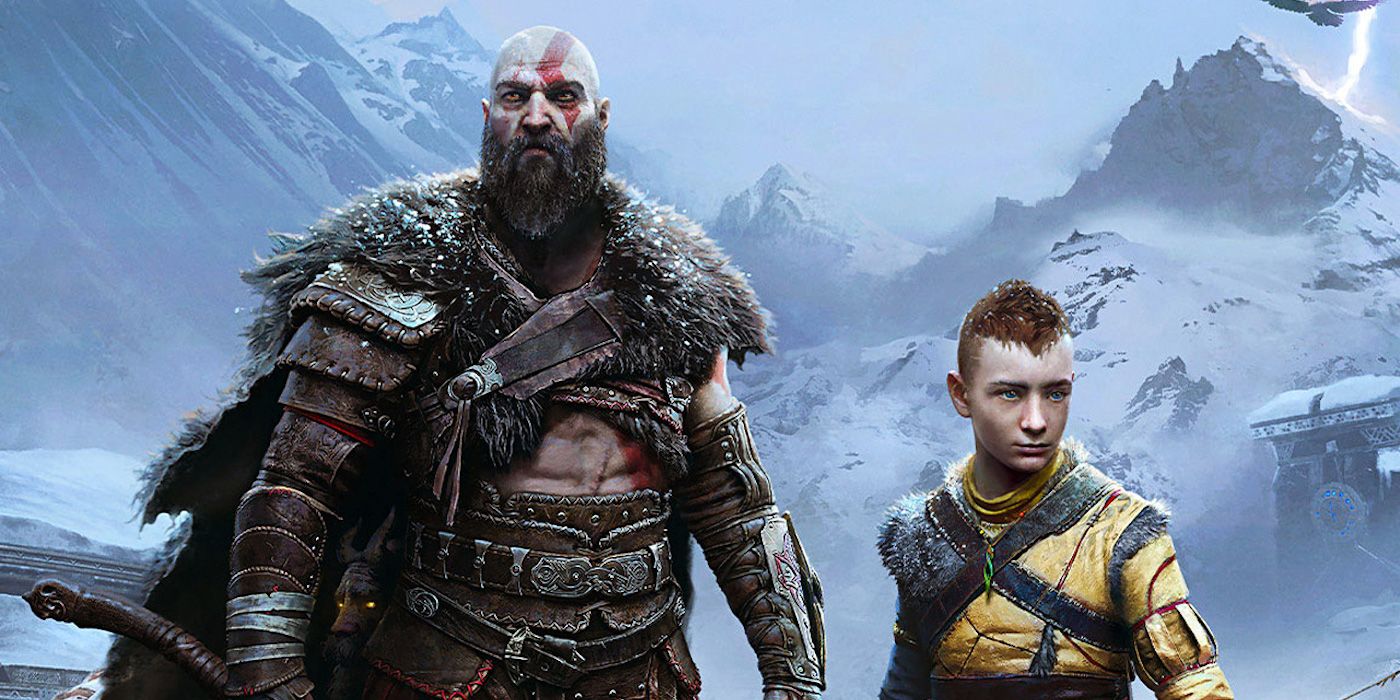
‘God of War Ragnarök’ Review: Kratos Finds Compassion in Franchise’s Best Game Yet
Kratos and Atreyus are back for one of the most emotional and powerful stories in modern gaming.In 2012, a few years after the initial trilogy of games ended, writers Patrick Melton and Marcus Dunstan were hired to write a new iteration of a God of War movie after proving successful in writing Saw IV through 3D. Writing four sequels in a beloved franchise in a row and contributing to drafts of Pacific Rim showed more promise than the first attempt. Charles Roven was still trying to shepherd this movie into existence, but much like his Uncharted movie, it sat in development hell for a decade.
There isn’t as much known about this iteration compared to the last, as no stars or directors were ever officially attached. There was a period after the release of Pacific Rim: Uprising where it looked like Steven S. DeKnight would direct, but nothing ever materialized. Notably, this iteration was being made after the release of the Clash of the Titans remake. That film was a modest success, and this version aimed to be a response to this movie that took a lot of the grand scale scope of that, but made it more grounded and character-focused. The team wanted audiences to get to know Kratos as a person before being tricked into his tragic situation. They also wanted Ares to be a more present villain, which makes sense given that he is barely in the first game besides some flashbacks and a boss fight before he dies. The downside of this script is that it was projected to cost around $150 million to make. Which, by today's standards does sound pretty in step with most blockbuster movies. But a decade ago this wasn’t so common and a major risk for a franchise that had yet to be proven on screen. And with that, this version faded away as well.
The Achilles Heel of the 'God of War' Movie
Reading between the lines of all of these versions, and looking at industry trends at the time, it’s easy to see how this movie never got made. In the early 2000s, movies like Gladiator and 300 showed that old Hollywood-style sword-and-sandals epics could be successful in the modern day. Hiring the writers of Saw even makes sense, considering the God of War games are famous for their gore and violence. But, people often forget that those movies ended up being the exception to the rule.
Other attempts at these kinds of movies normally crashed and burned, especially by the 2010s. Sure, the first Clash of the Titans was a moderate success, but its sequel, not so much, with plans for a third film being scrapped. The list of failures and moderate hits goes on much longer than the big successes. The Ben-Hur remake, the sequel to 300, the Dwayne Johnson Hercules, Immortals, Prince of Persia, the Conan the Barbarian remake, all of them underwhelming critically, commercially, or both. And this is just scratching the surface. The high price point and the audience's interests trending downward were the real cause of death for this movie.
Maybe Television Will Work for the God of War
Not only does adapting this series as a TV show make far more sense than a film due to the game's narrative structure being done in chapters, but it is also the right choice to use the newer games as the starting point. The old games were great, they had a much better story and character writing than most give it credit, but it is something that pretty much only makes sense as a video game. The structure of those is basically “Kratos walks into a new area and destroys everything,” which is much more fun being played than being watched.
But the new games? Those are much more grounded and sacrifice some of the larger-scale action for a more character-focused story. It’s a story about a father scorned by tragedy trying to change himself to be more present for his son and not repeat the mistakes of his past. It’s a story about breaking the chains of your past mistakes. It’s about being better, a phrase shown time and time again both literally and thematically. Kratos also has many more characters in his supporting cast that he gets to bounce off of instead of brutally killing. It has the makings for a brilliant TV show, and it’ll be exciting to see whatever the folks at Amazon cook up for it.

